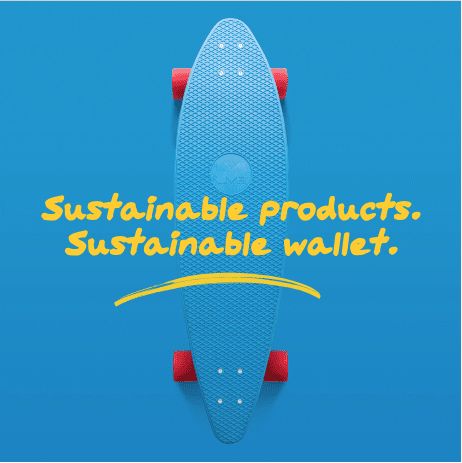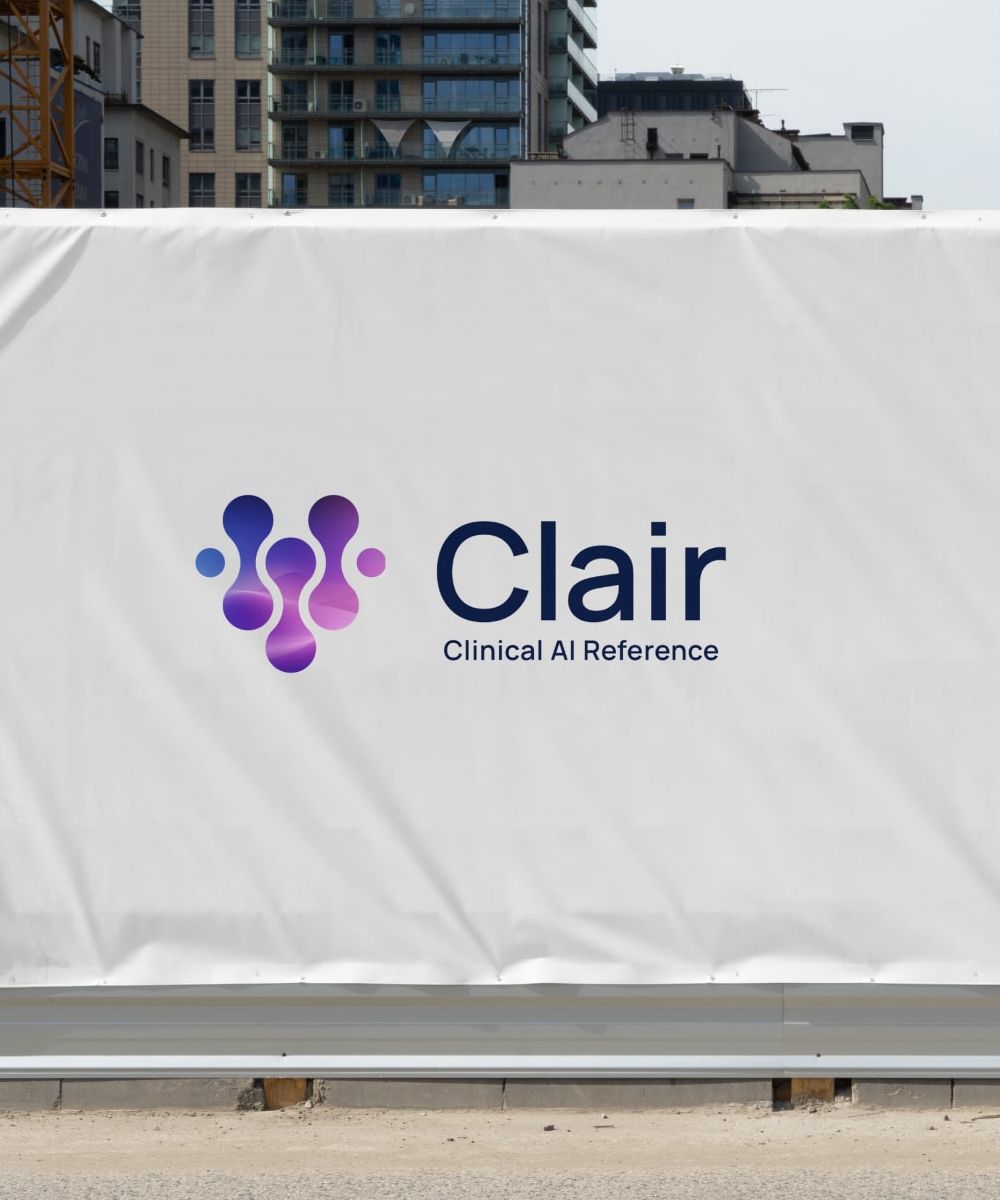
Dayrize is the UK’s largest consumer marketplace for sustainable products. It exists to make impact assessments more accessible, making it easy for both consumers and businesses to understand and ultimately reduce their environmental and social impact.
It came to DEPT® to create large scale awareness of sustainable alternatives to everyday products. To do this successfully, Dayrize needed web traffic that was affordable, qualitative and also scalable. We leveraged our proprietary technology, Ada by DEPT®, to creatively use data and machine learning and realise a flexible, data-driven website structure in just a few days.
Good for shoppers and the environment
To combat climate change, Dayrize sees the way we shop as an accessible first step for conscious consumers. Dayrize is a marketplace for sustainable products with the aim to bring consumption within planetary boundaries.
Transparent, accessible and easy to use. To set up a marketplace with eventually hundreds of thousands of products, you obviously need to generate quality traffic.
DEPT® advised to build a very broad content base on the site and to reinvest every pound earned in expanding this foundation. Paid channels would serve as an extra accelerator without becoming dependent on them.

Automated keyword analysis
The priority of products and categories in the marketplace is determined by their business potential. On the one hand, there are product groups frequently searched for. On the other hand, there are product groups with high margins and sufficient supply.
Considering these two factors, Dayrize determines which product groups receive a more prominent place within the website structure so that potential customers complete an ideal customer journey.
To understand potential search volumes, we asked our partner Google for help. They shared insights about trends and search behaviour surrounding sustainability topics in combination with the categories we focused on. This gave us a clear picture of the search intent: was there an explicit search for sustainability or was it an implicit search that explained certain behaviour? The latter turned out to be the case.
With the SEMrush Related Keywords API, we retrieved keywords and related search terms to determine which attributes are relevant to the search behaviour. We grouped these into a self-developed keyword cluster model consisting of Google’s BERT algorithm and its own machine learning algorithm.
BERT tested the keywords on 512 points and gave them a semantic score to group related search terms. Because of the size, there were also many non-relevant search terms, which we grouped with our own algorithm.


Data-driven decision making
Next, we formed the foundation of the website structure using the clusters and search volumes found. This normally takes several months to set up manually.
Now, Dayrize was able to determine its main categories, subcategories, landing pages and even filter options based on the business potential after just a few days.
However, automation replaces manual work, not creative thinking. Dayrize automatically and periodically receives a spreadsheet in which the main categories, subcategories, clusters, the number of keywords per cluster and the search volumes are reported.
Together with the stakeholders of Dayrize, this enabled us to make well-considered choices about the information architecture, website interaction elements and the most interesting products and product groups.
Commercial insights at scale
By applying and bringing together new technologies, we made a manual process unprecedentedly scalable. This not only serves findability and user-friendliness, but also creates commercial insights for buyers: which products are the target group looking for exactly and which are interesting enough for purchase?
Keyword research on this scale and with this accuracy would have been impossible without automation. We retrieved 38 million data points (keywords and search volumes) and processed these with Google’s BERT algorithm, supplemented with our own algorithm.
This saved Dayrize about 90% of the manual work (about €180,000 in hourly compensation on this scale), in just a few days. The result is a flexible, data-driven website structure that forms the basis of “the next big marketplace”, one focused on a sustainable future.
Questions?
Director of Data, CRO & Insights
Matt Lacey
Discover more


